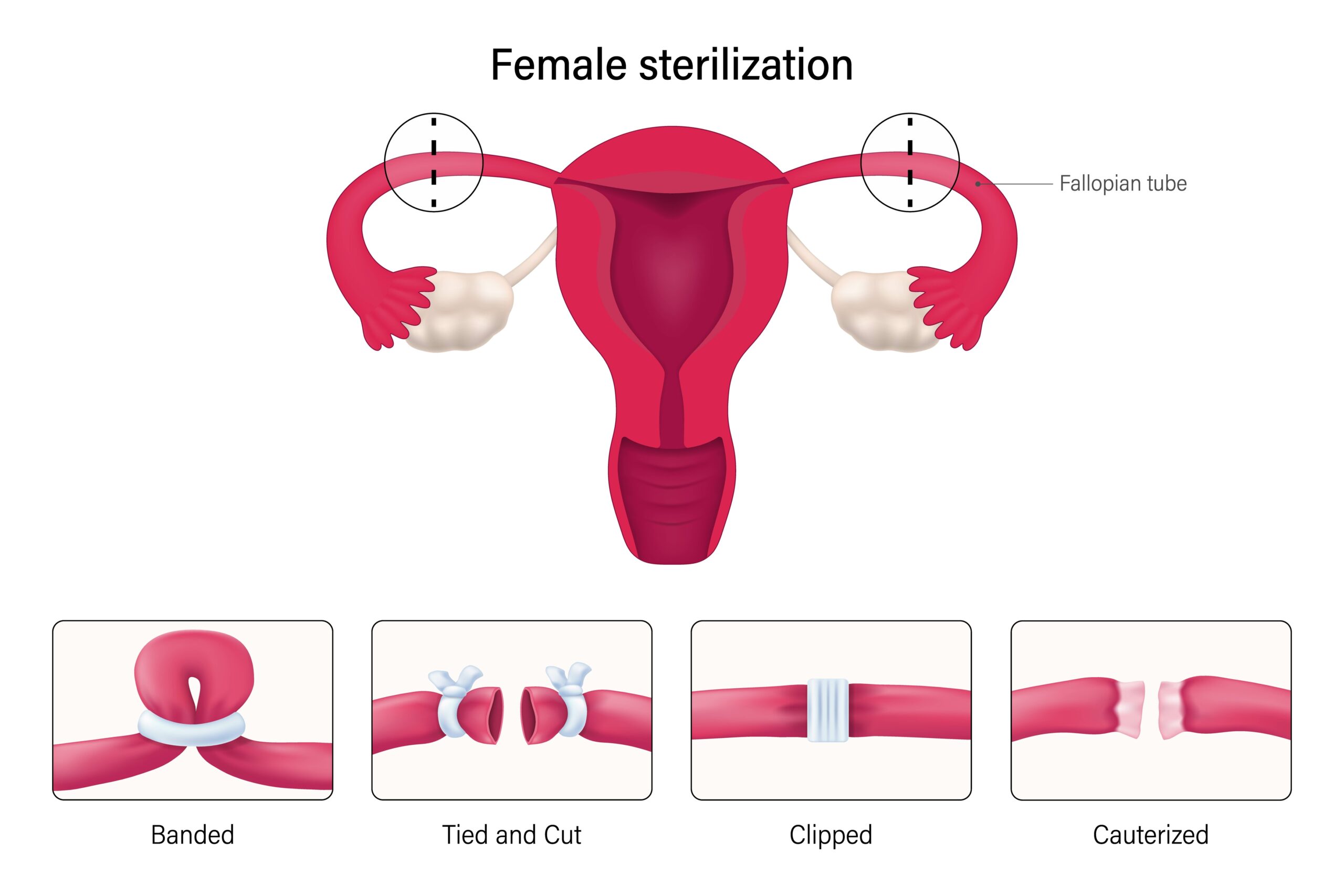Permanent birth control methods, also known as sterilization, are intended for individuals or couples who have decided not to have any more children and are seeking a permanent solution to prevent pregnancy. Unlike reversible methods, permanent birth control methods are meant to be permanent and are not easily reversible. There are two main types of permanent methods: tubal ligation (for women) and vasectomy (for men).

Tubal Ligation (Tubal Sterilization):
Tubal ligation involves surgically blocking or sealing the fallopian tubes to prevent eggs from being fertilized by sperm.
The procedure can be done using different techniques, such as cutting and sealing, blocking with clips or rings, or sealing with electric current.
Vasectomy:
Vasectomy is a surgical procedure that involves cutting or sealing the vas deferens, the tubes that carry sperm from the testicles to the urethra.
After a vasectomy, sperm cannot mix with semen during ejaculation, effectively preventing pregnancy.
Advantages of Permanent Birth Control:
Offers a permanent solution for individuals or couples who are sure they do not want to have more children.
Eliminates the need for ongoing contraception, making it a hassle-free option.
Considerations and Effectiveness:
Permanent methods are considered highly effective, but there is still a very small risk of pregnancy after the procedures.
These methods should be considered irreversible. While procedures to reverse sterilization exist, they are not always successful.
Counseling and informed consent are essential before undergoing permanent birth control procedures.
It’s important to be certain about the decision to undergo sterilization, as regrets or changes of heart can be emotionally challenging.
Permanent methods are a significant decision and should be carefully considered. They are ideal for individuals or couples who are certain that they do not want to have more children. Counseling with healthcare providers, discussing the decision with a partner (if applicable), and understanding the implications of permanent birth control are important steps in the process. It’s recommended to explore all available options and gather information before making a final decision.


